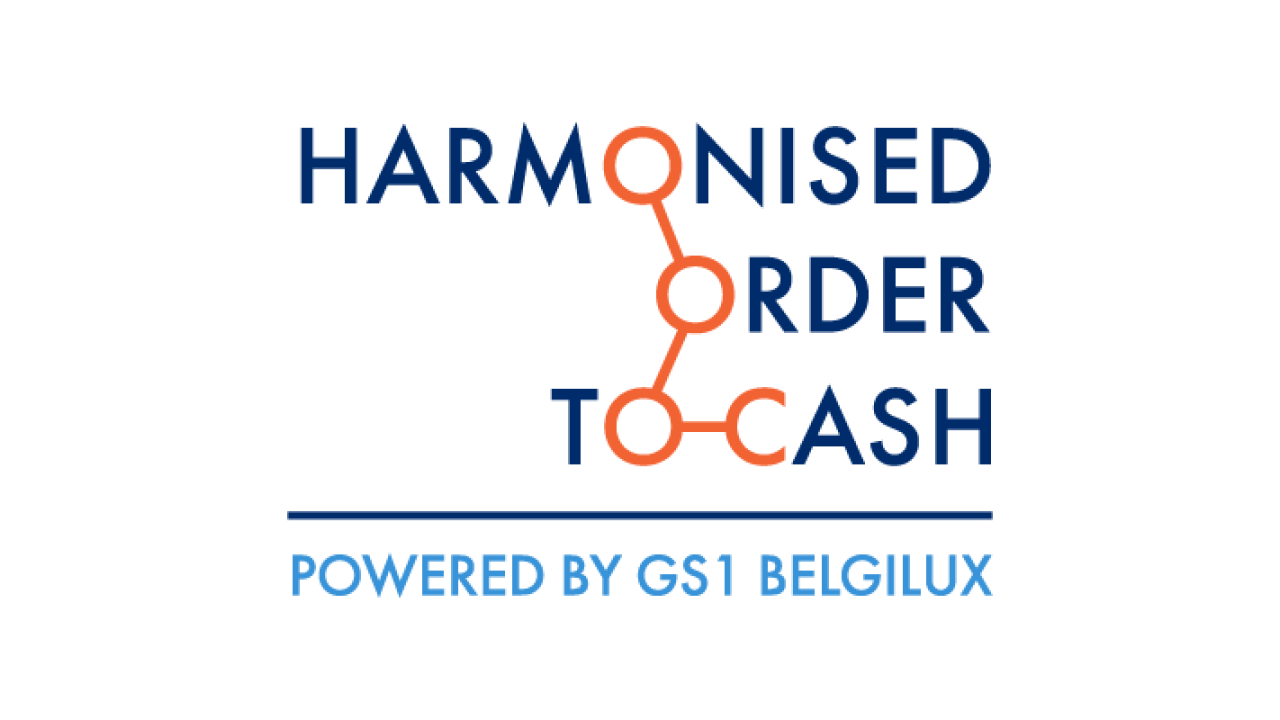What are Harmonised Order to Cash messages?
Harmonised Order to Cash (HO2C) messages are a national, sectoral standard for the Fast-Moving Consumer Goods (FMCG) and Food Service sectors in Belgium and Luxembourg.
It is a subset of the international, inter-sectoral standard of EANCOM 2002, which excludes all non-relevant parts and in which different usage scenarios are clarified by means of numerous examples.
The manuals were developed by the sectoral trade partners within the Belgilux Working Group Transactional Data, including retailers, food-service providers as well as wholesalers and producers.

The future of EDI & HO2C
As from 1 January 2026, all VAT-registered Belgian companies must send and receive structured electronic invoices (SEF) within Belgium. The government has chosen one standard format for this: PeppolBIS. All SEFs must be exchanged via the PEPPOL network. This obligation is called the “first track”.
In addition, there is a “dual track policy”: companies are allowed to use an alternative format next to the legal one, as long as both parties agree and the format meets legal requirements. In this context, our HO2C INVOIC V3.0 (EANCOM® 2002, D01B) meets the conditions. GS1 Belgilux has officially registered this format with the FPS Finance.
The second track is a temporary exception. At a later moment, not yet defined, it will probably no longer be possible to use alternatives such as HO2C. Then, everyone will have to switch to the Peppol platform.

